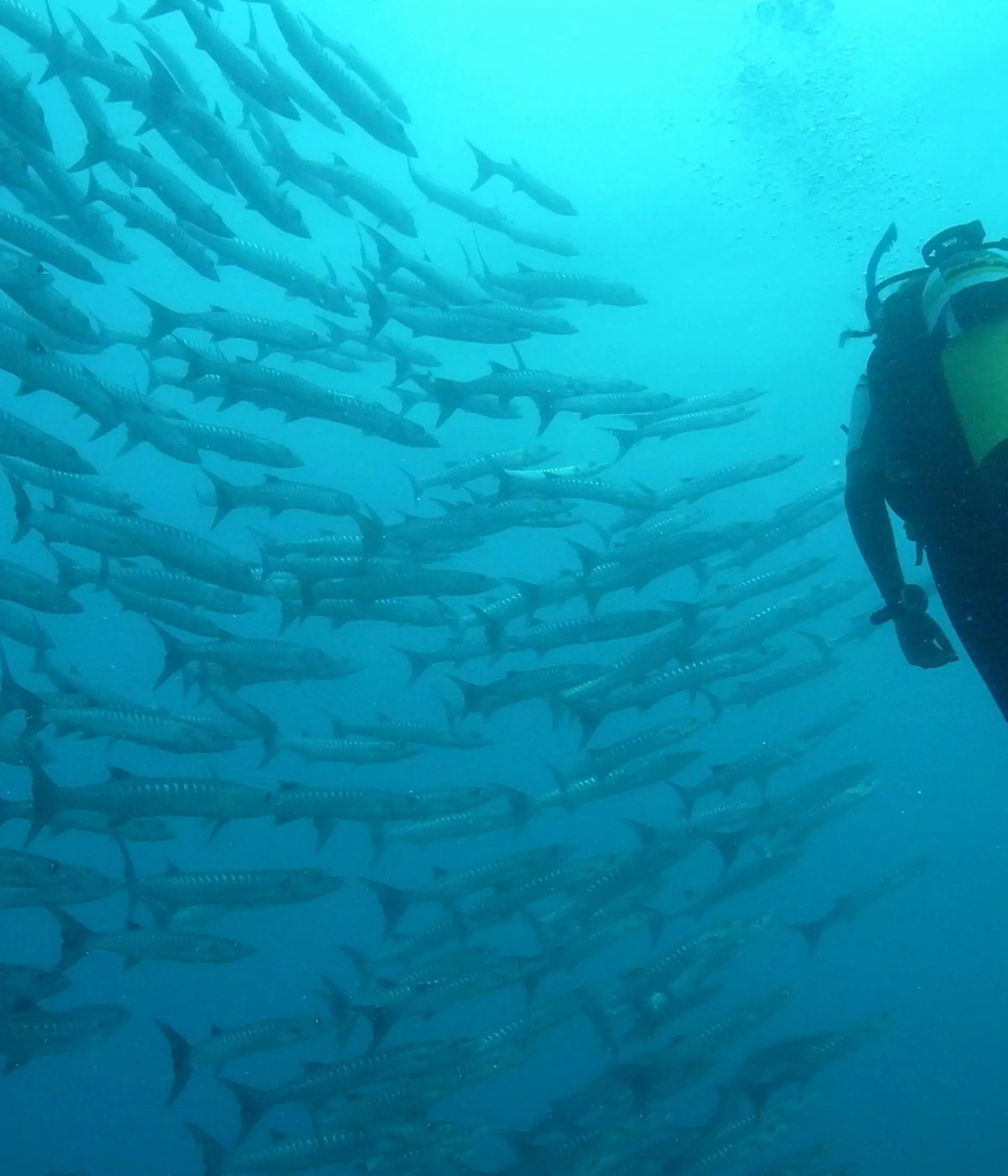In-person
Previous Event
The COVID-19 pandemic came as a shock to the planet and its inhabitants, resulting in large scale consequences, with no individual unaffected.
The global event triggered more than 3 million deaths, economic hardships, and conservation setbacks. Most governments implemented lockdowns in order to limit the spread of the disease, resulting in widespread declines in human traffic and movements. Previous major societal, political, economic and zoonotic perturbations have had complex ramifications on conservation efforts, and the consequences of the pandemic on human interaction with nature remain to this day poorly understood.
Remote sensing and tracking studies show that although marine vessel traffic generally decreased, reduction in enforcement activities had knock-on effects on deterrence, leading to increases in illegal fisheries' activities. On land, declines in traffic, and therefore disturbance, resulted in greater displacements by mammals but also less avoidance, revealing that many species have the capacity to adapt rapidly to short-term changes in human behaviour. Moreover, novel biosafety measures had to be trialled to prevent disease transmission to wildlife.
Drawing on individual case studies and global synthesis, this event will reveal the many ways in which the pandemic lockdowns impacted human-wildlife interactions, in order to draw positive lessons for maintaining biodiversity conservation effort during future global shocks.
Speakers at this event will cover three main themes: global reduction in marine vessel activity and changes in fishing dynamics; behavioural response of terrestrial mammals to lockdowns; and what lessons can be drawn from past global events, and their impact on biodiversity conservation.
Speakers
- Dr Claire Collins, Postdoctoral Researcher, Institute of Zoology, ZSL
- Dr David March, Distinguished Researcher, Universitat de València
- Professor Christian Rutz, Professor, University of St Andrews
- Dr Marlee Tucker, Assistant professor, Radboud University
This event was chaired by Dr Tom B Letessier, Research Fellow, Institute of Zoology, ZSL.
Download the agenda and abstracts
Attending this event
- This Science and Conservation Event is free to attend but registration is required so we can monitor event numbers. Registration your place for free now.
- The event will feature talks from several speakers, followed by a Q&A discussion panel. It will run from 6:00pm - 7:30pm, and doors will open at 5:30pm.
- Seats are allocated on a first-come, first-served basis.
- Venue: Huxley Lecture Theatre at the Meeting Rooms of the Zoological Society of London, Regents Park, NW1 4RY. See map (number 2 on the Key).
- Travel: Nearest underground: Camden Town Station; Nearest bus: no. 274.
- Recording disclaimer: The presentations and Q&A session will be filmed during this event, and the recording published on our Science and Conservation YouTube channel afterwards. Please be aware that by attending this event you consent to be filmed or your voice to be recorded during the Q&A session, which will be included in the published video.
Further Information
- ZSL Science and Conservation Events sustainability guidance can be found here.
- For enquiries about this event, please email scientific.events@zsl.org.
- For press enquiries, please contact the ZSL Press Office: press.office@zsl.org.
- Listen to our ZSL Wild Science podcast here or subscribe on your favourite podcast app.
- Follow us on Twitter @ZSLScience to hear about new publications from our researchers, upcoming events and podcast episode releases.
- Follow us on Facebook @ZSLScienceAndConservation to receive notifications about new events.
- To catch up on all our recorded previous events, you can subscribe to our YouTube channel.
- For more information about how to join the ZSL Fellowship programme and engage with a network of thousands who are shaping the future of conservation, please click here.
